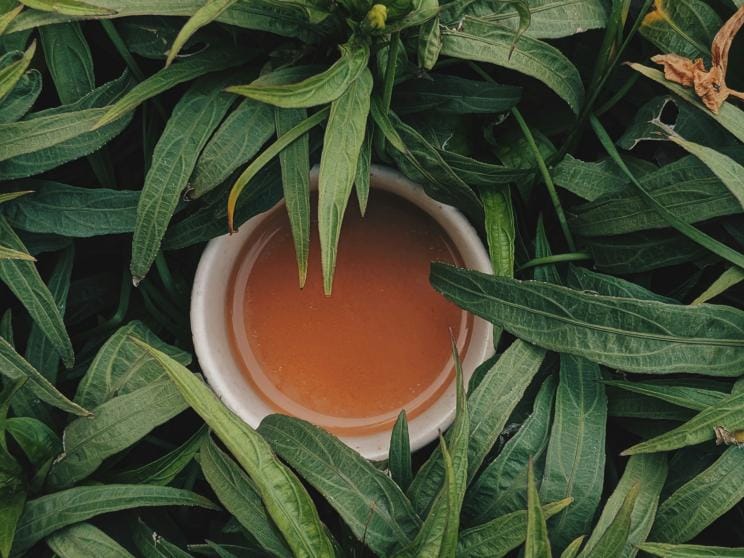Is tea really healthy or just a comforting habit?

It's hard to find another drink that connects people the way tea does. It can appear anywhere, be it between study sessions, lengthy conversations, family get-togethers, or the awkward few minutes after guests arrive. A cup of tea serves as a bridge as well as an excuse. Without having to say much, you just offer it, and somehow the air in the room softens.
Tea is, in many ways, the world's most democratic beverage. You will find it in royal teapots and chipped roadside cups alike. Three billion people reach for it every day. Green, black, oolong, or herbal strive for it for different reasons and in different rhythms. Every country seems to have its own understanding of what tea should be. The British pair it with conversation and rain; the Japanese, with discipline and silence, and in Bengal, it's boiled with milk or spices until it can almost stand on its own.

In its most basic form, all tea is derived from the Camellia Sinensis plant. What makes one black and another green, or white, is not the leaf, but what happens after it is plucked. Black tea is fully oxidised, strong, dark, and earthy. Green tea skips that process and keeps its freshness, almost like drinking the scent of a rainy garden. Oolong walks the middle path, while white tea, picked young and barely touched, is subtle in strength.
The relationship between tea and health benefits has been the subject of hundreds of studies. Although many are observational, the general trend of the results suggests that there may be some obvious advantages.
Catechins in green tea and polyphenols such as quercetin in black tea exhibit antioxidant and anti-inflammatory properties that can help protect cells from damage caused by free radicals.
Free radicals are unstable molecules that accumulate in the body due to stress, pollution, and even digestion. Antioxidants are the body's natural defence against these molecules. Thus, regular tea drinking strengthens the body's defences against chronic illnesses like diabetes, heart disease and stroke.
Several extensive studies have shown that people who drink tea regularly tend to have lower risks of high blood pressure and cardiovascular complications. Green tea, in particular, has been linked to improved cholesterol levels and better metabolic health, while black tea has shown potential benefits for gut microbiota, the body's internal ecosystem that affects digestion, immunity, and even mood.
Tea's influence, however, does not end with the body. Its chemistry seems to favour the brain as well. One of its key compounds, L-theanine, promotes relaxation without sedation. When combined with caffeine, it creates a state of calm alertness, the kind of steady focus that has made tea a companion to both monks and mathematicians for centuries.

Modern research suggests that L-theanine increases alpha brain waves, associated with creativity and calm concentration. This may explain why tea feels different from coffee; where coffee jolts, tea balances. It offers energy that behaves itself.
From a psychological standpoint, making tea while waiting for the water to boil, watching the leaves unfold, and breathing in the first steam can all serve as a mindful break from an otherwise hectic day. Studies in behavioural health note that repetitive, sensory routines like tea-making can lower cortisol levels and ease anxiety. Psychologists might call it sensory regulation; the rest of us just call it comfort.
It's easy to think of wellness practice as something you have to exaggerate with expensive supplements, programmes, and plans. Tea disagrees. It asks for nothing fancy. Only time, heat, a few leaves, and that's that. You drink it, and something inside you steadies quietly. Maybe that's the true benefit. Tea doesn't fix you. It reminds you that you were never broken, just tired, and that sometimes all you need is a few calm minutes and a cup that knows how to listen.



 For all latest news, follow The Daily Star's Google News channel.
For all latest news, follow The Daily Star's Google News channel.
Comments